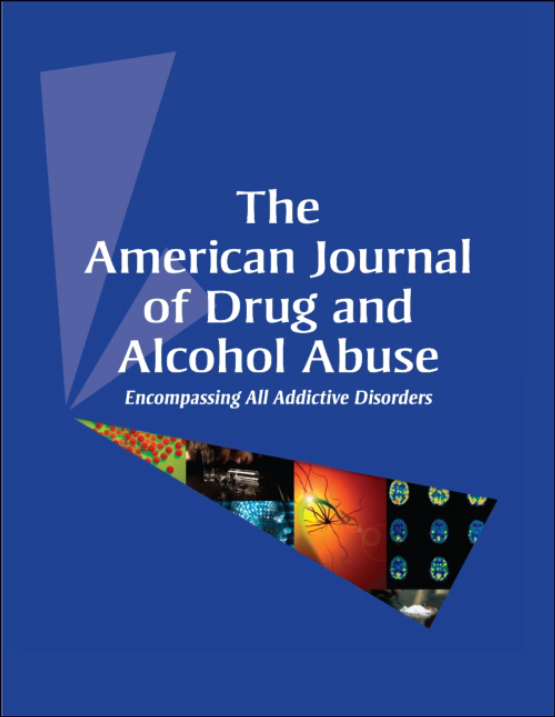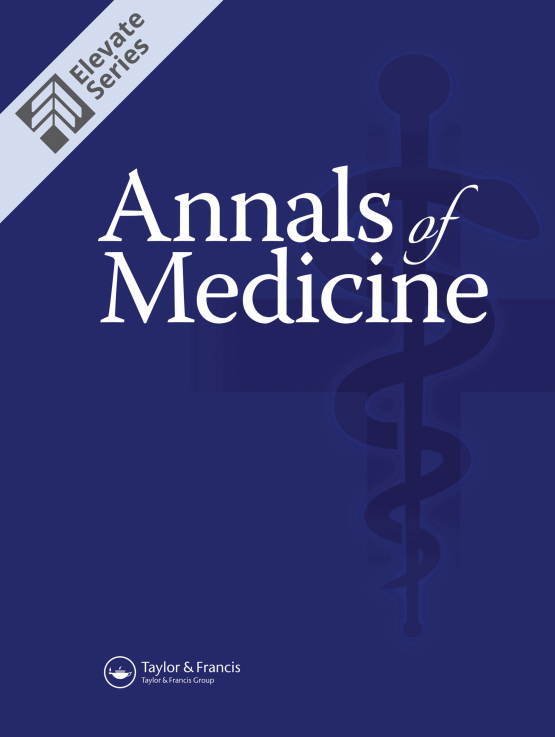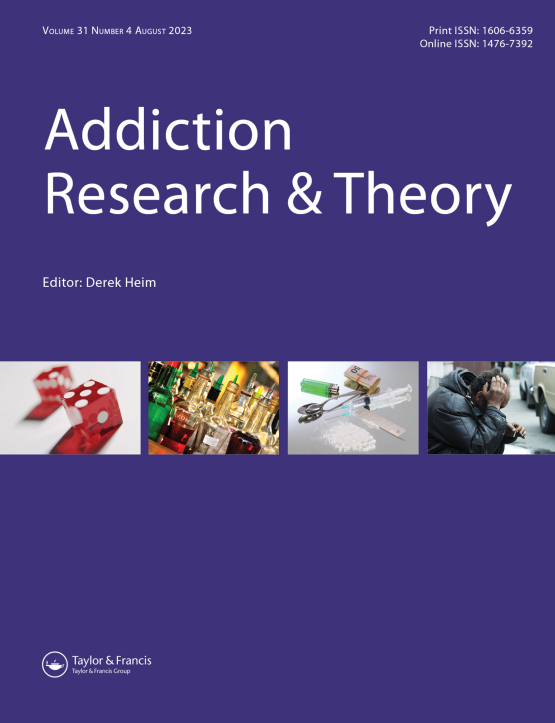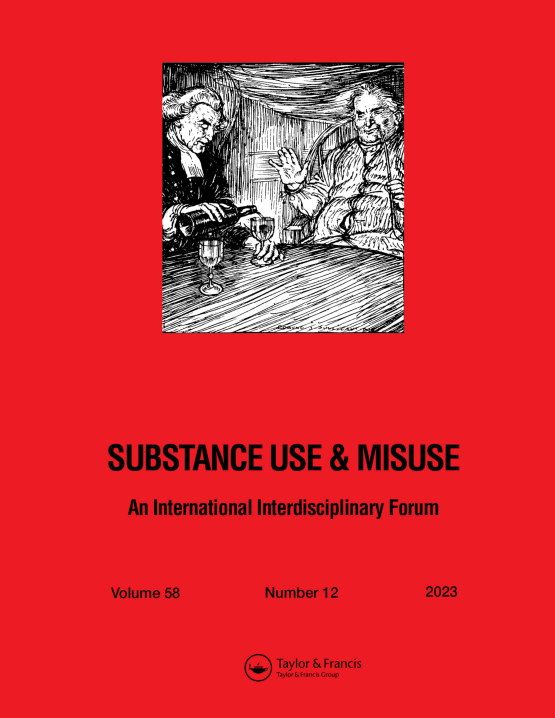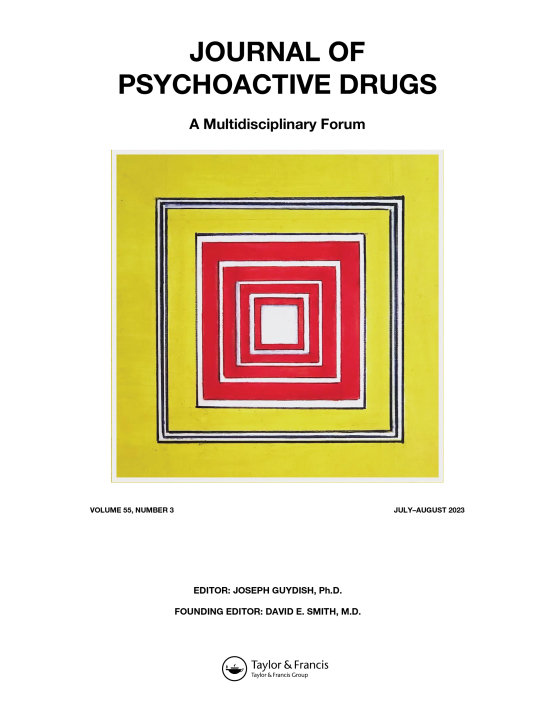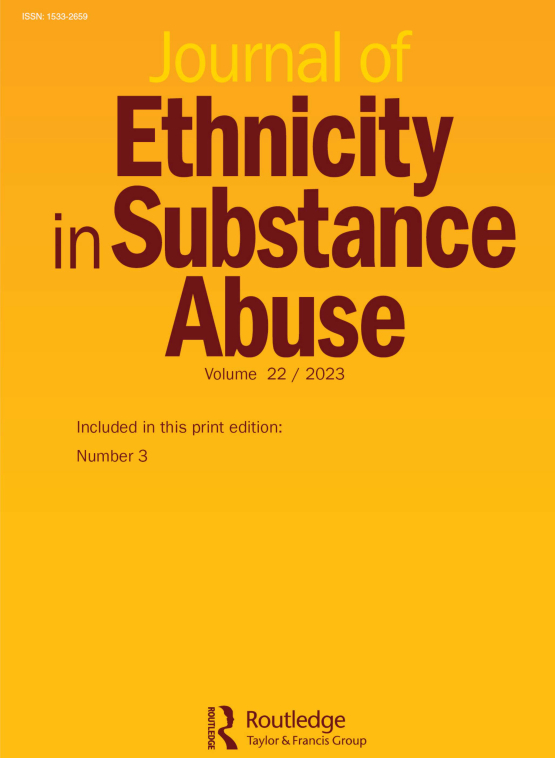Which journal will be the ideal home for your research?
Our specially curated substance abuse journals strive to share diverse research perspectives that fosters continuous improvement in the substance abuse space. Our journals offer a home for a wide range of topics including interdisciplinary addiction research, education, and treatment, clinical trial, epidemiology, health services, and translation addiction research.
We offer a wide range of publishing options empowering you to choose to publish fully open access (OA) or hybrid open access to maximize your article’s discoverability. We are dedicated to support you in getting your emergent substance abuse research out quickly.

Browse our Substance Abuse Journals:
TRENDING ARTICLES
“Nothing to mourn, He was just a drug addict” – stigma towards people bereaved by drug-related death
Although mortality attributed to illicit drugs is a significant contributor to the overall number of deaths worldwide, knowledge relating to the consequences for those bereaved by drug-related deaths (DRDs) is scarce. Since individuals with substance use disorders are prone to stigma, there is an urgent need for knowledge about the occurrence and content of stigmatization of those bereaved by DRDs.
IMPACTFUL RESEARCH
Drug dependence is not addiction—and it matters
Accurately identifying persons with addiction is critically important for effectively targeting treatment and harm reduction interventions. Misdiagnosis of addictive disorders can lead to a cascade of negative outcomes, including stigma, discontinuation of needed medications, undue scrutiny of both patients and physicians, and even criminal consequences.
Our Authors. Their Trending Research.

Choosing Open Access
What is an article publishing charge? What are common sources of funding for gold open access? We’re here to guide you every step of the way to ensure your medical education research is accessible without barriers. That’s why we partner with global institutions and funders to support our authors.

SHARE THIS PAGE
